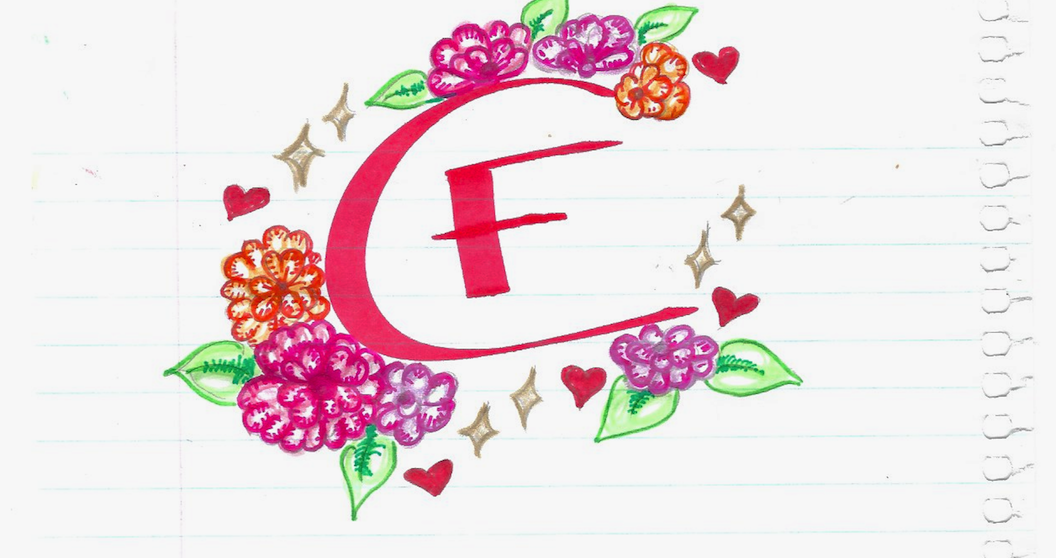I almost dropped out of high school in my sophomore year. I was failing three classes, and my already unstable mental health was suffering under the weight of academic pressure. However, I knew that these academic shortcomings, as awful as they felt, would not define my whole life. My boss at the comic book store where I used to work had dropped out of high school, gotten a GED, and gone to New York University. My own father had dropped out of high school and never gotten an equivalent diploma, but I watched him walk across the stage to receive his master’s degree when I was eight. Other students at my school were transferring to other institutions, repeating grades, and considering alternatives to post-secondary education. I wasn’t alone.
Thinking back to the lowest points I had in high school makes me feel like more of an outsider at McGill. This isn’t the kind of institution that’s supposed to accept students like me—students who didn’t see an academic future for themselves—but I got in anyway. This is a university that emphasizes its rankings and proudly touts its successful alumni. Despite McGill’s reputation for academic success, a school-wide email two weeks ago included a note from the Dean of Students, Christopher Buddle, titled “Learning to Fail,” encouraging students to learn from their failures and pursue counselling services if needed. 150 words did not suddenly fix McGill’s high-stakes environment or make support resources more accessible, but at least someone finally said the word ‘failure’ out loud.
The summer after my second year of high school, my mental health reached an all-time low. I didn’t have a stable home, and my self-destructive tendencies were reaching dangerous levels. I was completing an intensive feminist computer science program that I loved, but that was incredibly taxing. This wasn’t an environment in which I felt like I could fail. Being in a program for women and femme-aligned people in science, technology, engineering and mathematics (STEM) came with a pressure to succeed against all odds. I was not just representing myself: The program was meant to motivate young girls and femme-aligned people to go into computer science and related fields, defeat the patriarchy, and become inspiring figures for future generations.
I applied to McGill thinking I wouldn’t make it through a process that looked only at the numbers on my transcript, but I did. I entered university with a computer science major in the Faculty of Arts. Two weeks into my first semester, I changed my major to political science and turned computer science into a minor. By the end of the semester, I had withdrawn from a math class, nearly failed a computer science class, and dropped computer science from my degree. I had not defeated the patriarchy; instead, I felt like I had succumbed to it.
I’m still in a field dominated by men, but if the 2015 intensive program taught me anything, it was that academic successes and failures, whatever form they may take, do not define one’s worth. Success can simply mean getting up in the morning or handing in an assignment, and these acts should be recognized for the victories that they are. McGill takes a lot of pride in numbers and grades, but the classes that you fail can be just as valuable learning experiences as a perfect GPA. As Buddle emphasized, it is important to know how to fail and learn from failure, but, more importantly, it is essential to recognize personal successes, even when it seems like no one else will. I hope that’s something that McGill starts to promote, beyond their emails.








